
Westlands: Nairobi's Vibrant Urban Heartbeat
Nestled just northwest of Nairobi's bustling central business district, Westlands is a captivating blend of modernity and cultural richness. Known for its dynamic nightlife and upscale ambience, this neighbourhood is a hotspot for both locals and tourists seeking a diverse urban experience. Westlands boasts a plethora of dining options, ranging from high-end restaurants to cozy cafes. Visitors can enjoy an array of cuisines, from traditional Kenyan dishes to international fare. The area is also home to some of Nairobi's most prestigious shopping centers, such as The Sarit Centre and Westgate Shopping Mall, offering everything from designer brands to local crafts. For those interested in entertainment, Westlands does not disappoint. The neighbourhood features a vibrant nightlife scene with numerous bars, clubs, and live music venues. Additionally, art enthusiasts will find delight in the local galleries and cultural centers that showcase both contemporary and traditional Kenyan art. If you’re looking to explore the outdoors, Westlands offers serene green spaces like the Nairobi Arboretum, perfect for a leisurely stroll or a picnic. The neighbourhood's strategic location also makes it an ideal base for exploring other attractions in Nairobi, such as the Nairobi National Museum and the Giraffe Centre.
Local tips in Westlands
- Visit The Sarit Centre and Westgate Shopping Mall for a mix of international and local shopping experiences.
- Explore the Nairobi Arboretum for a peaceful escape amidst nature.
- Check out local art galleries for a taste of Kenya's contemporary and traditional art.
- Experience the vibrant nightlife with numerous bars, clubs, and live music venues.
- Sample diverse cuisines from upscale restaurants to local eateries.
Westlands: Nairobi's Vibrant Urban Heartbeat
Nestled just northwest of Nairobi's bustling central business district, Westlands is a captivating blend of modernity and cultural richness. Known for its dynamic nightlife and upscale ambience, this neighbourhood is a hotspot for both locals and tourists seeking a diverse urban experience. Westlands boasts a plethora of dining options, ranging from high-end restaurants to cozy cafes. Visitors can enjoy an array of cuisines, from traditional Kenyan dishes to international fare. The area is also home to some of Nairobi's most prestigious shopping centers, such as The Sarit Centre and Westgate Shopping Mall, offering everything from designer brands to local crafts. For those interested in entertainment, Westlands does not disappoint. The neighbourhood features a vibrant nightlife scene with numerous bars, clubs, and live music venues. Additionally, art enthusiasts will find delight in the local galleries and cultural centers that showcase both contemporary and traditional Kenyan art. If you’re looking to explore the outdoors, Westlands offers serene green spaces like the Nairobi Arboretum, perfect for a leisurely stroll or a picnic. The neighbourhood's strategic location also makes it an ideal base for exploring other attractions in Nairobi, such as the Nairobi National Museum and the Giraffe Centre.
Iconic landmarks you can’t miss
Uhuru Gardens
Explore Uhuru Gardens, a historical landmark in Nairobi, rich in culture, serenity, and stunning monuments that tell Kenya's independence story.
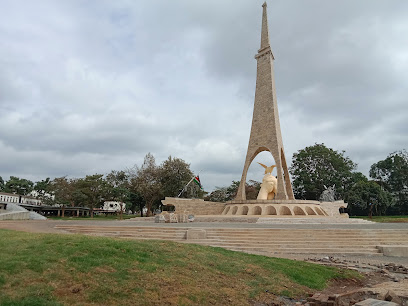
Museum Hill
Discover Kenya's cultural heritage at Museum Hill, Nairobi's premier museum showcasing art, history, and tribal artifacts in a stunning setting.
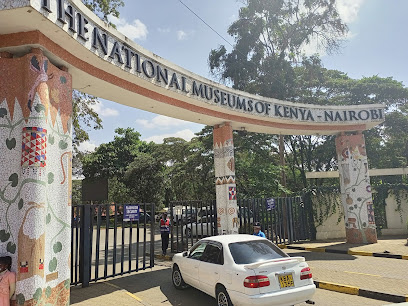
Casino Flamingo Westlands, Nairobi
Experience the thrill of gaming and vibrant nightlife at Casino Flamingo, Nairobi's premier destination for entertainment and excitement.
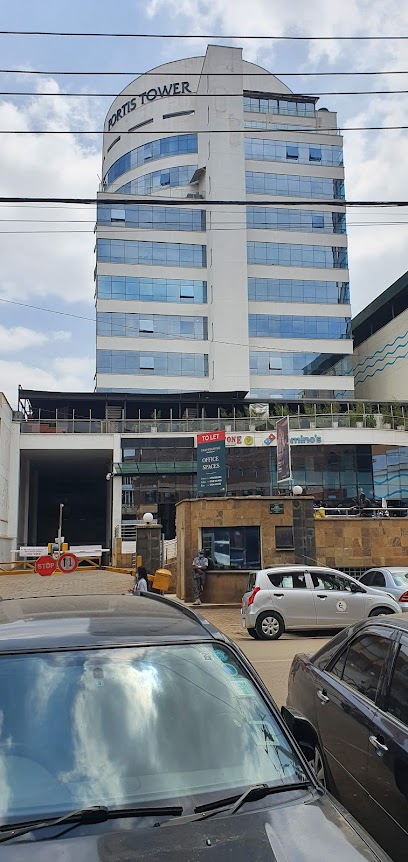
The Landmark Suites
Discover the comfort and convenience of The Landmark Suites in Nairobi's lively Westlands, next to Westgate Mall. Perfect for leisure and business travelers alike.
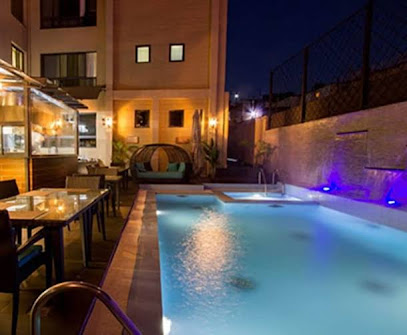
East Africa Satsang Swaminarayan Temple
Experience the serenity and cultural richness of the East Africa Satsang Swaminarayan Temple in Nairobi, a spiritual haven for travelers and locals alike.
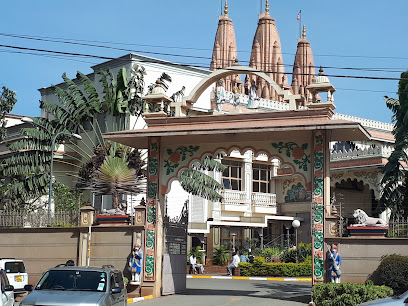
Westlands Arcade
Explore the vibrant Westlands Arcade in Nairobi, where shopping, dining, and local culture come together for an unforgettable experience.
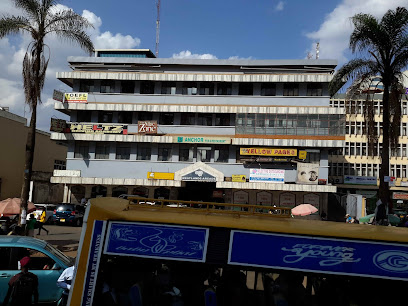
Iconic Fig Tree - Westlands
Discover the enchanting Iconic Fig Tree in Westlands, Nairobi—a majestic natural landmark perfect for relaxation and memorable photo opportunities.
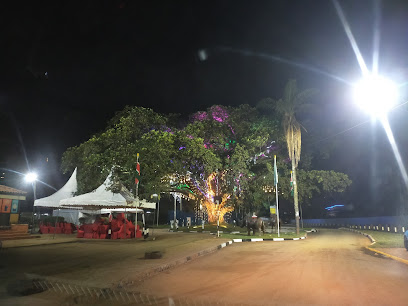
The Galton - Fenzi Memorial
Explore the Galton - Fenzi Memorial in Nairobi, a monument honoring exploration and history in the heart of Kenya's capital.
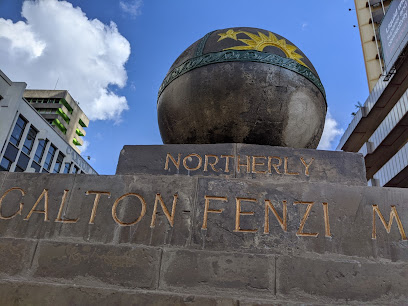
Uhuru Gardens National Monument & Museum
Explore Kenya's rich heritage at Uhuru Gardens National Monument & Museum, a serene memorial park honoring independence and historical significance.
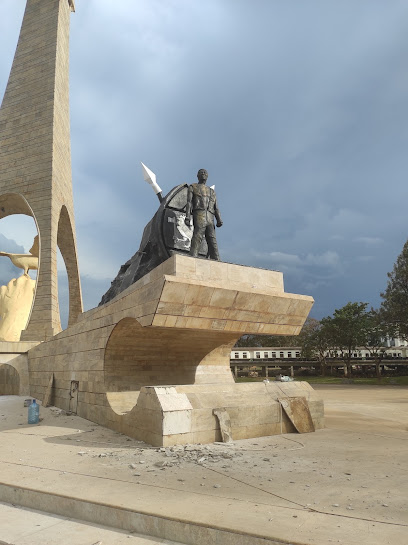
Nairobi Expressway
Explore the Nairobi Expressway, a modern marvel that showcases Kenya's rapid urban transformation and engineering prowess in the heart of Nairobi.
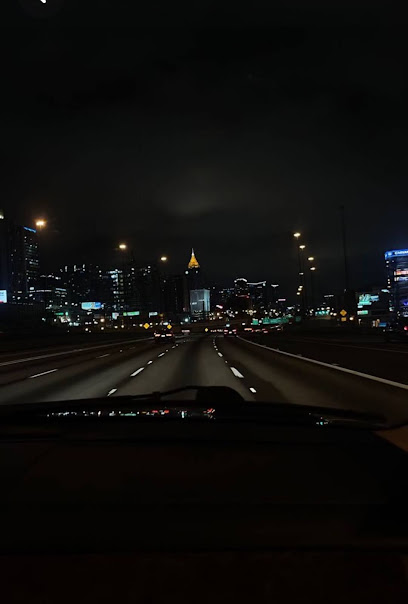
Peacefull Places
Discover the peaceful side of Nairobi at Peacefull Places, a furnished apartment building offering comfort and tranquility in the vibrant Westlands area.
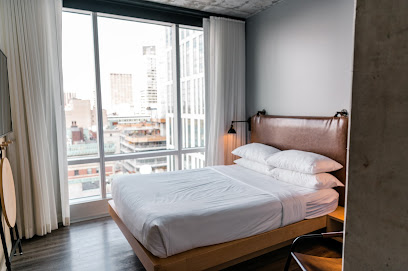
PlacesKenya
Explore Nairobi's vibrant culture and attractions with expert guidance at PlacesKenya, your ultimate travel information hub.
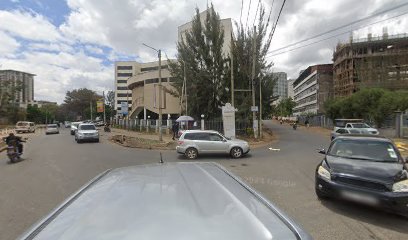
Unmissable attractions to see
Uhuru Park
Discover the serene beauty and historical significance of Uhuru Park, Nairobi's vibrant urban oasis, perfect for relaxation and cultural exploration.
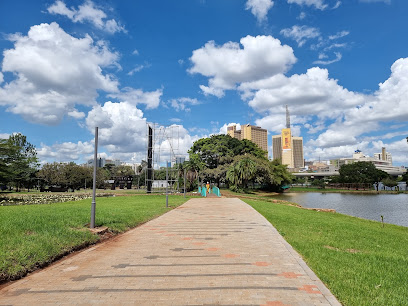
National Museum of Kenya
Discover the vibrant history and natural wonders of Kenya at the National Museum in Nairobi, a must-visit for culture enthusiasts and nature lovers alike.
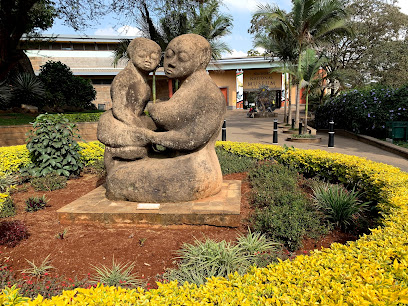
The Nairobi Arboretum
Explore the lush greenery and diverse flora at Nairobi Arboretum, a botanical haven in the heart of Kenya's capital, perfect for nature lovers and seekers of tranquility.
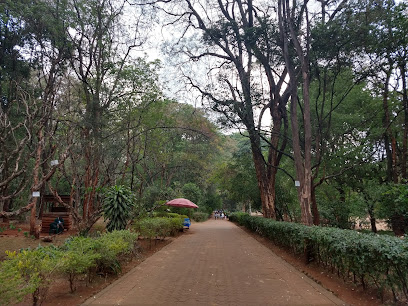
Riverside Park
Discover Riverside Park, an urban oasis in Nairobi, featuring serene green spaces, scenic views, and a tranquil atmosphere perfect for relaxation and exploration.
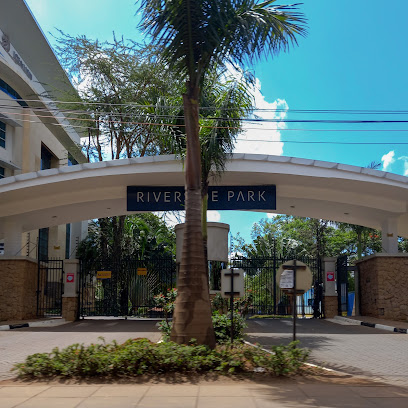
Snake Park
Explore Nairobi's Snake Park - A captivating blend of wildlife and education showcasing Kenya's diverse reptiles and conservation efforts.
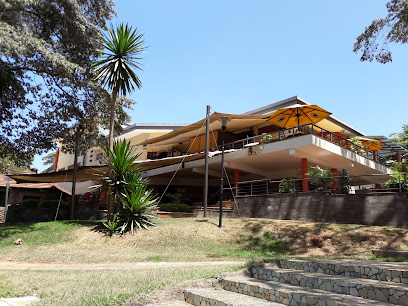
Museum Hill
Discover the cultural heart of Nairobi at Museum Hill, where history and art come together to celebrate Kenya's diverse heritage.
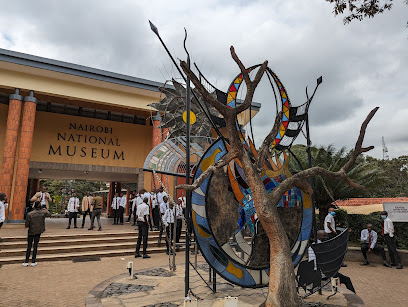
Central Park Nairobi
Explore the lush greenery, rich history, and vibrant atmosphere of Central Park Nairobi, a must-visit oasis in the heart of Kenya's capital.
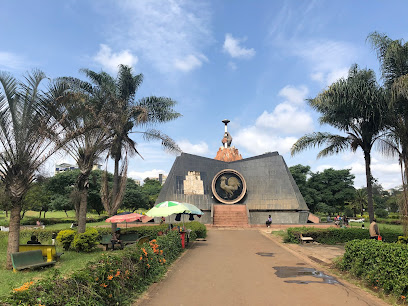
Nairobi Gallery
Explore the Nairobi Gallery, a cultural gem showcasing Kenya's rich artistic heritage in the heart of Nairobi.
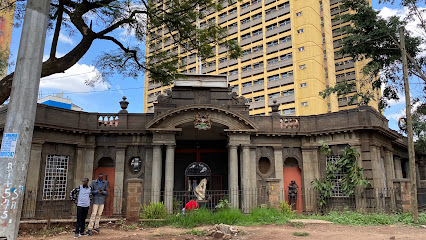
Westlands Market
Discover the vibrant Westlands Market in Nairobi, a hub of local crafts, delicious cuisine, and authentic Kenyan culture, perfect for every traveler.
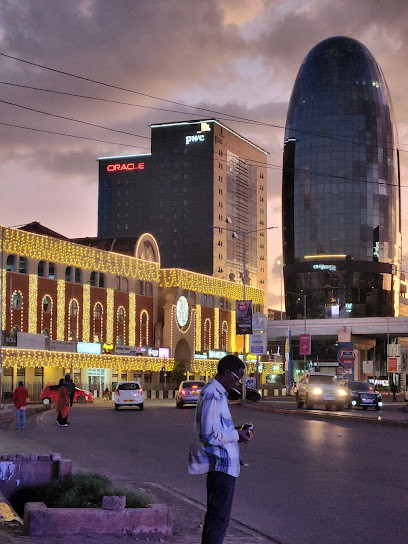
Iconic Fig Tree - Westlands
Explore the enchanting Iconic Fig Tree in Westlands, Nairobi – a perfect natural retreat and a symbol of beauty in the vibrant city.
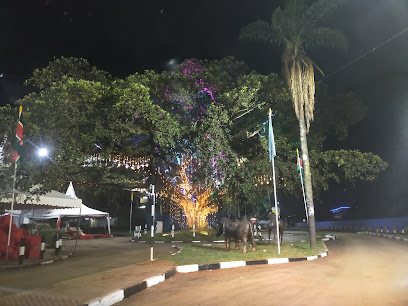
Essential places to dine
Urban Eatery
Discover the vibrant flavors of Kenya at Urban Eatery - where local ingredients meet global cuisine in an inviting atmosphere.
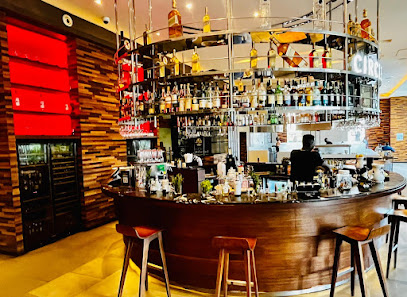
Mercado - Mexican Kitchen and Bar
Savor authentic Mexican cuisine at Mercado - a vibrant kitchen and bar in Nairobi offering flavorful dishes and a lively dining experience.
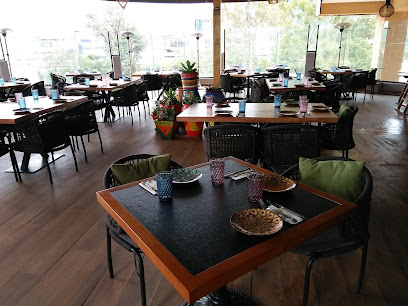
About Thyme Restaurant
Experience culinary excellence at About Thyme Restaurant in Nairobi - where local flavors meet international flair in an inviting atmosphere.
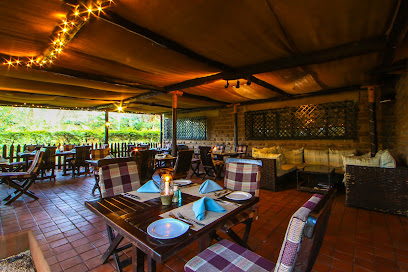
The Node, Westlands, Nairobi
Experience the best of Nairobi's culinary scene at The Node - where local flavors meet international flair in a vibrant setting.
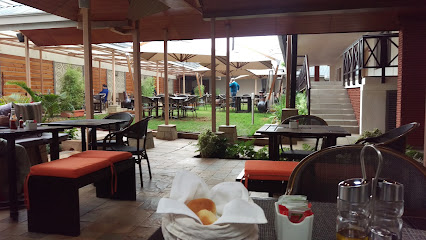
INTI - A Nikkei Experience
Experience exquisite Nikkei cuisine at INTI in Nairobi—where Japanese tradition meets Peruvian flair amid breathtaking city views.
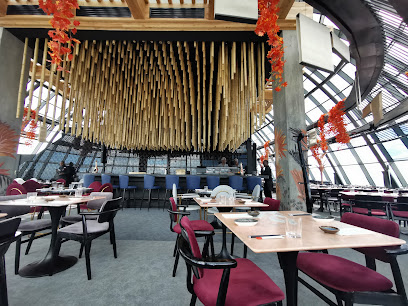
Open House Restaurant Ltd
Discover the essence of Indian cuisine at Open House Restaurant Ltd in Nairobi - a culinary journey filled with rich flavors and vibrant culture.
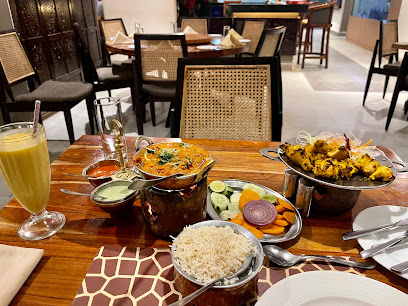
Haandi Restaurant
Experience authentic Indian flavors at Haandi Restaurant in Nairobi – a culinary adventure awaits with every dish.
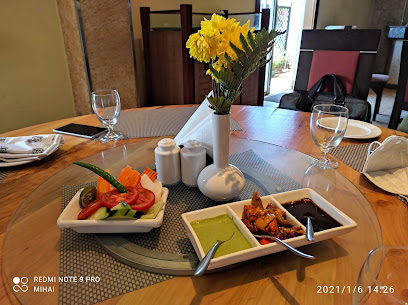
Clay Oven Restaurant
Discover the vibrant flavors of India at Clay Oven Restaurant in Nairobi – a culinary journey awaits you.
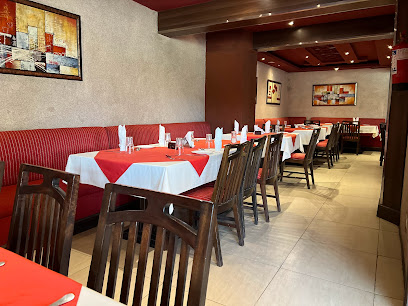
Graze Steakhouse
Experience exquisite steaks and fine dining at Graze Steakhouse in Nairobi's Westlands, where local flavors meet culinary excellence.
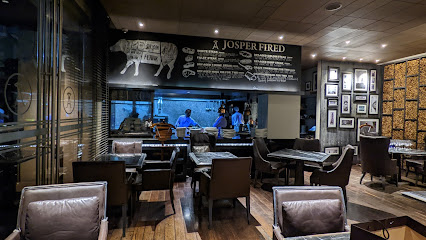
ADVACAFE RESTAURANT
Experience the best of African and Asian cuisine at ADVACAFE RESTAURANT in Nairobi's lively Westlands area.
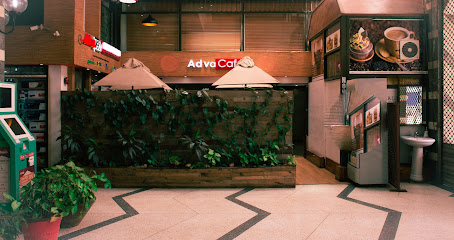
Markets, malls and hidden boutiques
Sarit
Explore Sarit Centre, Nairobi's premier shopping destination offering a blend of local culture, fashion, and delicious dining experiences.
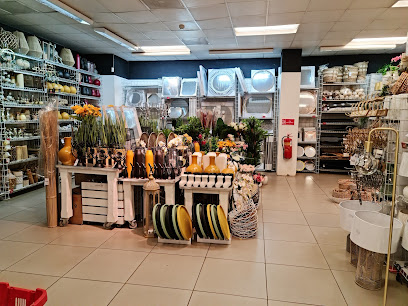
The Mall, Westlands
Explore The Mall, Westlands, Nairobi – a vibrant shopping destination with diverse retail and dining options, perfect for every traveler.
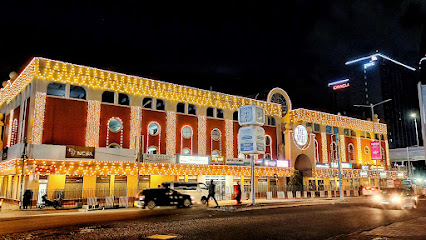
House Of Leather & Gifts Kenrail Towers Westlands
Explore the vibrant House of Leather & Gifts in Nairobi for unique leather goods and handcrafted souvenirs that embody the essence of Kenya.
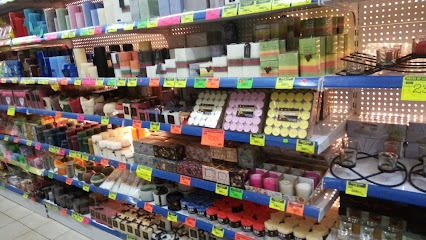
Westlands Square
Experience the pulse of Nairobi at Westlands Square, a vibrant shopping mall with diverse dining and entertainment options for every taste.
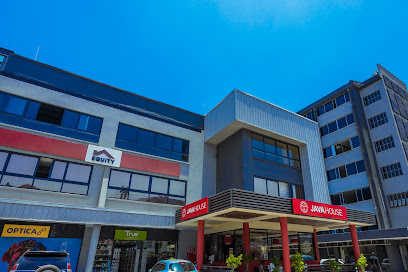
Victoria Homestore - Westlands HQ
Explore elegance and style at Victoria Homestore in Westlands, your go-to destination for premium furniture, exquisite carpets, and unique gifts.
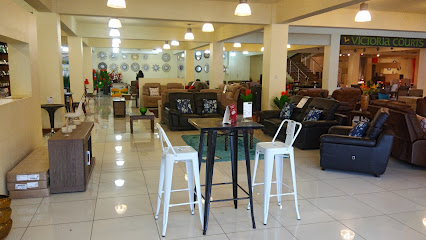
Soove Gifts
Discover unique souvenirs at Soove Gifts in Nairobi's Westlands, where local craftsmanship meets exquisite taste.

Budget Wear - The Thrift Shop
Explore unique thrift fashion at Budget Wear in Nairobi, where quality meets affordability for the entire family.
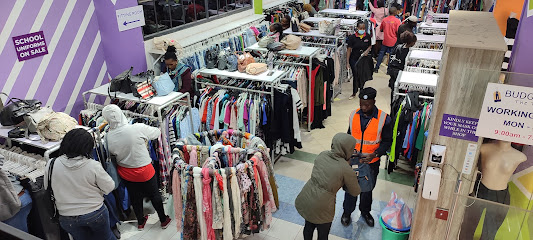
Bij Crafts Ltd
Discover the artistry of handmade jewelry and natural stones at Bij Crafts Ltd, Nairobi's premier destination for unique gifts and healing gems.
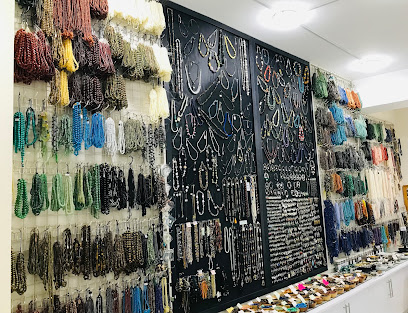
Made in Kenya Store
Explore the essence of Kenyan craftsmanship at the Made in Kenya Store, where local artistry meets unique shopping experiences in Nairobi.
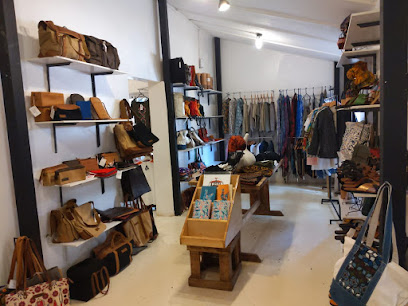
City Walk Kenya LTD - The Mall Westlands
Experience the ultimate shopping destination at City Walk Kenya LTD in Westlands, offering an exquisite range of shoes, handbags, and leather goods.
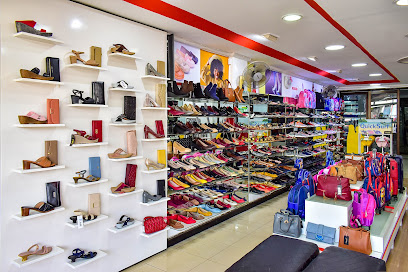
Essential bars & hidden hideouts
The Alchemist
Discover the vibrant atmosphere of The Alchemist, Nairobi's premier bar and event venue offering diverse food and live entertainment.
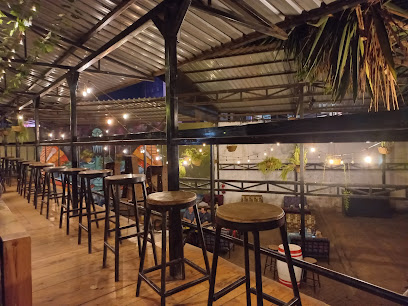
Brew Bistro Fortis
Discover the vibrant flavors and stunning skyline views at Brew Bistro Fortis, Nairobi's top grill restaurant perfect for food lovers.
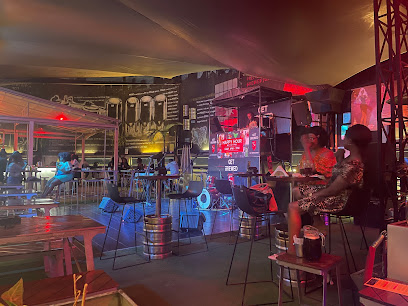
Sky Bar Westlands- ibis Styles Hotel Rooftop
Experience Nairobi's skyline at the Sky Bar Westlands, a vibrant rooftop venue blending sports, cocktails, and lively entertainment in the heart of the city.
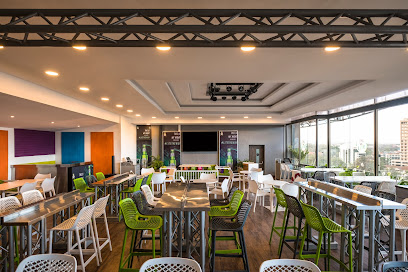
Havana Bar & Restaurant
Experience the vibrant culinary scene at Havana Bar & Restaurant in Nairobi, where delicious grilled dishes meet creative cocktails in a lively ambiance.
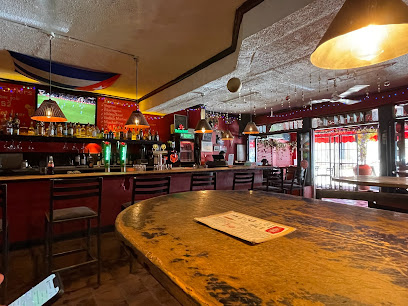
Club mollys
Discover the lively nightlife of Nairobi at Club Mollys, a vibrant bar offering affordable drinks and a welcoming atmosphere for all.
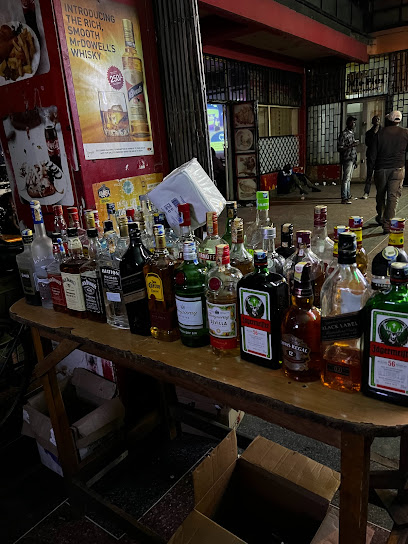
Sarabi Rooftop Restaurant
Discover the breathtaking views and exquisite culinary delights at Sarabi Rooftop Restaurant in Nairobi's vibrant Westlands.
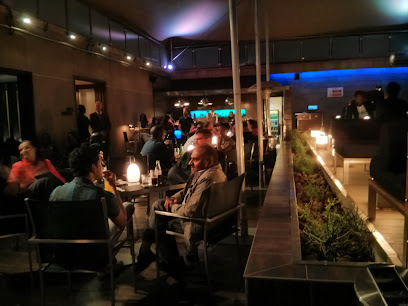
THE ATTIC ROOF TOP BAR WESTLANDS
Discover the vibrant nightlife of Nairobi at The Attic Rooftop Bar, offering stunning skyline views and a diverse selection of drinks in a chic atmosphere.
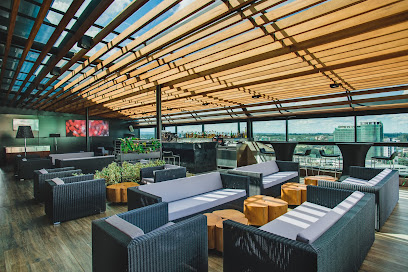
The Vanguard Lounge
Experience Nairobi's vibrant nightlife at The Vanguard Lounge, a stylish venue for cocktails, dining, and live entertainment.
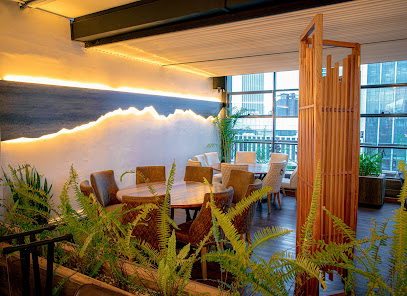
Frankie's Bar and Grill
Discover the vibrant nightlife and delectable cuisine at Frankie's Bar and Grill in Nairobi, the city's premier lounge destination.
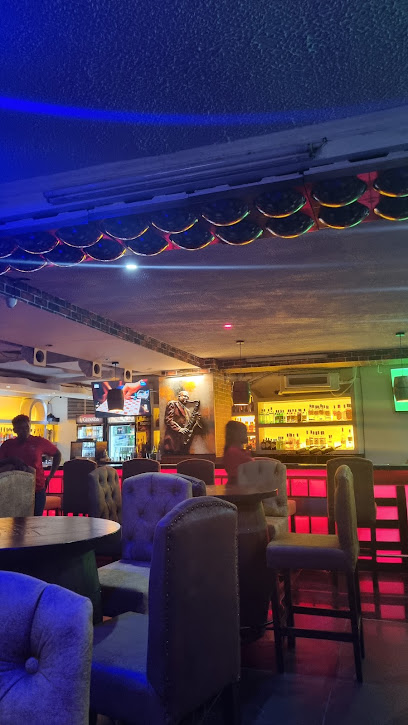
Oho`s Wine bar
Discover the finest wines in a chic setting at Oho's Wine Bar, your premier destination for unforgettable moments in Nairobi.
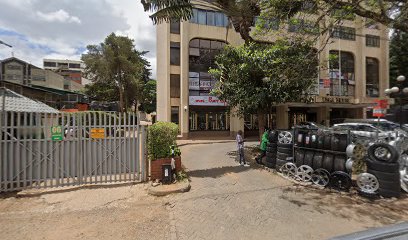
Local Phrases
-
- HelloSasa
[sah-sah] - GoodbyeKwaheri
[kwa-heh-ree] - YesNdio
[in-dyo] - NoHapana
[ha-pa-na] - Please/You're welcomeTafadhali
[ta-fa-da-lee] - Thank youAsante
[ah-san-teh] - Excuse me/SorrySamahani
[sa-ma-ha-nee] - How are you?Uko aje?
[oo-koh ah-jeh] - Fine. And you?Sawa. Na wewe?
[sa-wah. nah weh-weh] - Do you speak English?Unasema Kiingereza?
[oo-na-seh-mah kee-in-geh-reh-zah] - I don't understandSielewi
[see-leh-wee]
- HelloSasa
-
- I'd like to see the menu, pleaseNingependa kuona menyu, tafadhali
[nin-geh-pen-dah kwoh-nah meh-nyoo, ta-fa-da-lee] - I don't eat meatSi kula nyama
[see koo-lah nyah-mah] - Cheers!Kwa afya!
[kwa ahf-yah] - I would like to pay, pleaseNingependa kulipa, tafadhali
[nin-geh-pen-dah koo-lee-pah, ta-fa-da-lee]
- I'd like to see the menu, pleaseNingependa kuona menyu, tafadhali
-
- Help!Msaada!
[msah-ah-dah] - Go away!Nenda zako!
[nen-dah zah-koh] - Call the Police!Piga polisi!
[pee-gah poh-lee-see] - Call a doctor!Piga daktari!
[pee-gah dahk-tah-ree] - I'm lostNimepotea
[nee-meh-poh-teh-ah] - I'm illNinaumwa
[nee-now-mwah]
- Help!Msaada!
-
- I'd like to buy...Ningependa kununua...
[nin-geh-pen-dah koo-noo-noo-ah] - I'm just lookingNatazama tu
[nah-tah-zah-mah too] - How much is it?Bei ni ngapi?
[beh-ee nee ngah-pee] - That's too expensiveHiyo ni ghali sana
[hee-yoh nee gha-lee sah-nah] - Can you lower the price?Unaweza kupunguza bei?
[oo-nah-weh-zah koo-poon-goo-zah beh-ee]
- I'd like to buy...Ningependa kununua...
-
- What time is it?Ni saa ngapi?
[nee sah-ah ngah-pee] - It's one o'clockNi saa moja
[nee sah-ah moh-jah] - Half past (10)Nusu saa kumi
[noh-soo sah-ah koo-mee] - MorningAsubuhi
[ah-soo-boo-hee] - AfternoonMchana
[meh-chah-nah] - EveningJioni
[joh-ee-nee] - YesterdayJana
[jah-nah] - TodayLeo
[leh-oh] - TomorrowKesho
[keh-shoh] - 1Moja
[moh-jah] - 2Mbili
[mbee-lee] - 3Tatu
[tah-too] - 4Nne
[n-neh] - 5Tano
[tah-noh] - 6Sita
[see-tah] - 7Saba
[sah-bah] - 8Nane
[nah-neh] - 9Tisa
[tee-sah] - 10Kumi
[koo-mee]
- What time is it?Ni saa ngapi?
-
- Where's a/the...?Iko wapi...?
[ee-koh wah-pee] - What's the address?Anuani ni ipi?
[ah-noo-ah-nee nee ee-pee] - Can you show me (on the map)?Unaweza kunionyesha (kwenye ramani)?
[oo-nah-weh-zah koo-nyoh-nyeh-shah kweh-neh rah-mah-nee] - When's the next (bus)?Basi la pili ni saa ngapi?
[bah-see lah pee-lee nee sah-ah ngah-pee] - A ticket (to ....)Tiketi (kwenda ...)
[tee-keh-tee kwenn-dah]
- Where's a/the...?Iko wapi...?
History of Westlands
-
Westlands emerged as a residential area for the European settlers in the early 20th century. The establishment of Nairobi as a railway town in 1899 led to significant urban growth, and Westlands quickly became a desirable suburb due to its proximity to the city center. The colonial administration developed infrastructure, including roads and schools, which attracted expatriates and affluent locals.
-
Following Kenya's independence in 1963, Westlands saw a wave of urbanization, with a growing population and the establishment of a vibrant commercial sector. The neighborhood became known for its mix of residential and business spaces, reflecting the country's socio-economic changes. This period also marked the rise of informal settlements as more people migrated to Nairobi in search of opportunities.
-
Over the decades, Westlands has evolved into a multicultural hub, attracting diverse communities from various ethnic backgrounds. This diversity is reflected in the numerous restaurants, markets, and cultural events that celebrate Kenyan heritage alongside influences from Indian, Somali, and other cultures. The area's nightlife and entertainment scene have also flourished, contributing to its reputation as a dynamic urban center.
-
In recent years, Westlands has become a focal point for economic development, hosting numerous corporate offices, shopping malls, and upscale residential complexes. The neighborhood has attracted significant investment, with developments such as Sarit Centre and Westgate Mall becoming key commercial landmarks. This growth has positioned Westlands as a vital economic zone within Nairobi, drawing both local and international businesses.
-
Despite its growth, Westlands faces challenges such as traffic congestion and urban sprawl. The local government has initiated urban planning projects to address these issues, focusing on sustainable development and improving public transportation. Community efforts are also underway to preserve the cultural identity of the neighborhood amid rapid modernization, ensuring that Westlands remains a vibrant and inclusive space for all its residents.
Westlands Essentials
-
Westlands is easily accessible from various neighborhoods in Nairobi. From the Central Business District (CBD), you can take a matatu (minibus) or an Uber, which typically takes around 15-30 minutes depending on traffic. If you're coming from Jomo Kenyatta International Airport, taxis and ride-sharing services are available, and the journey takes about 30-45 minutes. Public buses also connect Westlands to other areas but can be less convenient for newcomers.
-
Westlands is a vibrant neighborhood that is best explored on foot, especially around the shopping and dining areas. Public transport includes matatus that are frequent and inexpensive, providing connections to various parts of Nairobi. Bicycles can be rented from local shops or bike-sharing services, and many hotels offer shuttle services for their guests. Ride-hailing apps like Uber and Bolt are also widely used.
-
While Westlands is generally safe for tourists, it is advisable to remain vigilant. Areas such as the outskirts of Westlands, particularly near the Nairobi River, have higher crime rates, including petty theft and muggings. Avoid walking alone at night, especially in poorly lit areas. Always keep your belongings secure and be cautious with your valuables in crowded places.
-
In case of an emergency, dial 999 or 112 for police assistance. For medical emergencies, visit a nearby hospital or clinic; Nairobi Hospital and Aga Khan University Hospital are reputable options. Make sure to have travel insurance that covers medical emergencies. Local pharmacies can provide over-the-counter medications for minor health issues.
-
Fashion: Do dress modestly in public spaces; while Westlands is modern, it's respectful to avoid overly revealing clothing. Religion: Do respect local customs at religious sites; remove shoes when entering mosques and dress appropriately. Public Transport: Do be courteous to fellow passengers; don't engage in loud conversations or play music without headphones. Greetings: Do greet with a handshake and a smile; don't assume familiarity without a proper introduction. Eating & Drinking: Do enjoy local cuisine at restaurants; don't eat food from street vendors unless you are confident in the hygiene standards.
-
To experience Westlands like a local, visit the Sarit Centre or Westgate Mall for shopping and dining. Explore local eateries and try dishes like Nyama Choma (grilled meat) and Sukuma Wiki (collard greens). Engage with vendors at the local markets, and don’t hesitate to ask for recommendations. Attend local events or festivals if available, as they offer insight into the vibrant culture of the area. Additionally, use public transport for a more authentic experience.
Trending Landmarks in Westlands
Nearby Cities to Westlands
-
Things To Do in Naivasha
-
Things To Do in Nakuru
-
Things To Do in Arusha
-
Things To Do in Moshi
-
Things To Do in Eldoret
-
Things To Do in Kisumu
-
Things To Do in Kitale
-
Things To Do in Mbale
-
Things To Do in Malindi
-
Things To Do in Mombasa
-
Things To Do in Jinja
-
Things To Do in Mwanza
-
Things To Do in Diani Beach
-
Things To Do in Singida
-
Things To Do in Lamu











